27Things That Are Likely To Disappear In The Next 20 Years (And You Won't Even Notice)
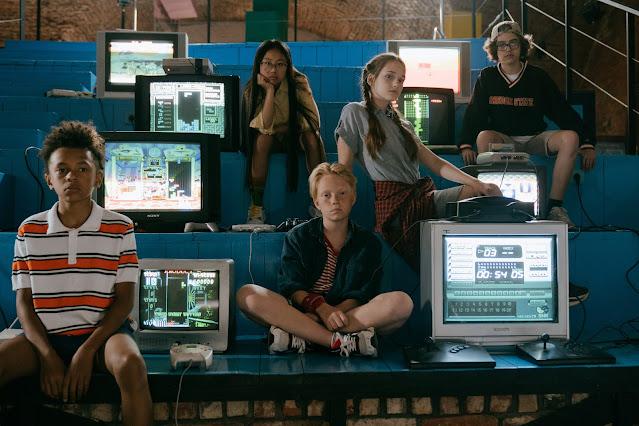
The world is changing at an exponential rate, so much so that the gap between the generations' experience of the world is getting wider and further apart. There are already a lot of things millennials will never understand about pre-internet life, but millennials are about to feel the same way that tomorrow they will forget the things that were thought to be the mainstay of today's world.
And this is not even referring to the impact of the pandemic on the way we live our lives and the degrees to which we welcome technology.
Did we pique your curiosity? Read on to see the everyday things that are likely to disappear in the next 20 years, many of which are now disappearing before our eyes and we don't even notice.
1. Metal keys

Technology-driven security has been growing for years, and with the advent of metal keys, keyless ignition systems, fingerprint and face recognition, and electronic keypad locks, there's little reason for metal keys to stick around.
2. Pay phones
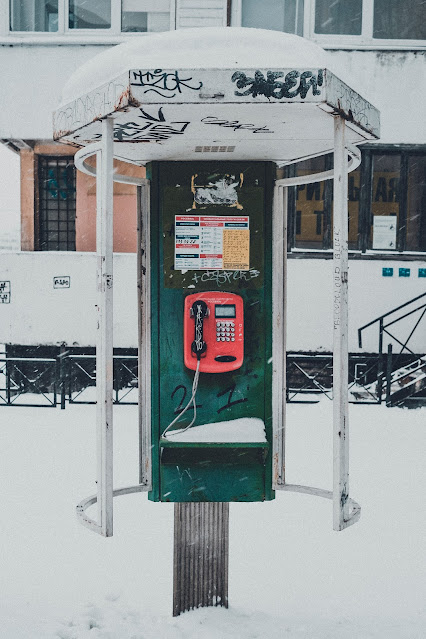
Pay phones used to exist in almost every city, but they have been declining continuously with the advent of mobile phones. However, pay phones do come in handy if your phone runs low on charge or you don't have service.
3. CATV

Streaming platforms have fundamentally changed our experience with television, with it being on demand and offering a much wider variety than cable. Netflix CEO Reed Hastings even claimed that traditional cable will be gone in five to 10 years, Best Life reports, as well as Roku CEO Anthony Wood.
4. Chocolate

Apparently, we have just over a decade left of this delicious sweetener. According to a study by the International Center for Tropical Agriculture, cocoa production will drop significantly by 2030 due to less-than-ideal temperatures in cocoa-growing areas, and at the same time demand outstrips supply.
5. Clutch pedal

Two factors contribute to the disappearance of the clutch as we know it: First, automatic cars are becoming more efficient, not to mention easier to drive. Secondly, the "automated" manual shifts began where the electronics controlled the clutch instead of your left foot.
6. Privacy of identities in public places

From cameras monitoring the streets, to smart devices monitoring our minds, this is just the beginning of biometric technology. "We live in an age where digital profiling is the norm and customers value excessive sharing of personality. To that end, constant monitoring threatens sensitive behavioral data on a daily basis, either in the form of biometric identifications or digital tracking," says Damien Martin, marketing executive at Verification Service. of AI-based identity Shufti Pro, according to Best Life. "I think this level of connectivity will put an end to public anonymity as we know it."
7. Remote control unit

Look no further among the couch cushions, as many believe that voice commands and smartphone control will make those plastic controllers a thing of the past in the near future.
8. Passwords

Everyone knows how difficult it is to remember your password, but fortunately it can become old-fashioned soon. New passwordless technologies such as cross-device verification are just beginning to emerge, and there will be greater protection for personal data while ensuring that you don't need to remember all your different passwords.
9. Copywriting

Many of us remember learning the curves of this script in school, but as the need to type letters and physical notes decreased, and the speed of texts and emails increased, handwriting on the whole became a rarity. Many schools have cut off writing to make room for computer skills.
10. Whiteboards

The whiteboard was once revolutionary because of its reusability. But then white boards appeared, which didn't have much dust, and now there are smart boards that are increasingly used in classrooms where they can be saved and shared, and provide various multimedia tools.
11. Shopping malls

At least as we knew it, as malls with only stores and a food court to keep you energized for shopping more. These days, due in part to the pandemic, people are increasingly shopping online, and supermarkets are closing their doors everywhere. Malls must become socially useful centers with gyms, clinics, work spaces, coffee shops, etc. to continue to attract people to them.
12. Credit and debit cards

Speaking specifically about the plastic you use to make your purchases, credit and debit cards are increasingly being replaced by digital payments through your phone or smartwatch. Digital payments are faster, more convenient, and more secure with built-in authentication, monitoring, and data encryption.
13. Drivers

Although the extent of their safety has been hotly debated, it's hard to deny that self-driving vehicles are on their way to replacing drivers, with Tesla following in the footsteps of Ford, Volvo and BMW, to name a few. Drivers from everyday people to professionals such as taxi and truck drivers can become useless.
14. Traffic

On the plus side, with self-driving cars, the likelihood of getting stuck in a traffic jam is greatly reduced. Humans are the main cause of traffic accidents, so the theory goes that self-driving cars, which are constantly moving at a constant speed, could eliminate traffic and perhaps even the majority of accidents.
15. Cash

Cash is already running low with card payments, but with digital transactions on phones and smartwatches, germ-covered coins and bills won't stand a chance, especially in a post-pandemic world.
16. Paper receipts

Long gone are the days when people collected virtually all physical receipts. Some stores also offer email receipts instead of paper receipts now.
17. Hard drives

While some still stick to the reliability of a physical hard drive, and while storage space remains a huge factor in people's choice of computer or phone, cloud-based storage is slowly taking center stage.
18. Parking meters
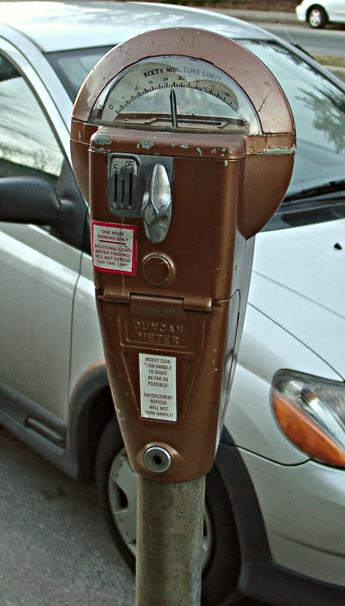
The parking meter, which seems like a fixture in many city centers, will be replaced by license plate recognition technology and automatic charges to your credit card.
19. Conservative

Now with the diminishing need for credit and debit cards, wallets in general are likely to go away.
20. Signatures in ink

Electronic or digital signatures have become the norm, and it even replicates the experience of writing your signature but without the need for wet ink and paper. This only increased with the pandemic as people couldn't meet in person to sign documents, and electronic signatures are here to stay.
21. Fast food employees

With touch-screen kiosks that allow customers to place and pay for their orders without any assistance, fast food chains are already reducing their headcount. This kind of automation is also making its way into the kitchen, where robotic devices will be able to flip burgers, fry fries, and wash dishes. The staff will still be there, but mostly in supervisory or maintenance roles.
22. Power outage

In many parts of the world, “smart grid” improvements are ensuring that the electric grid becomes smarter, but perhaps even more impressive is the expectation that solar will be more widely accessible, giving people a home battery that can provide charge even when the power is out.
23. Charging cables
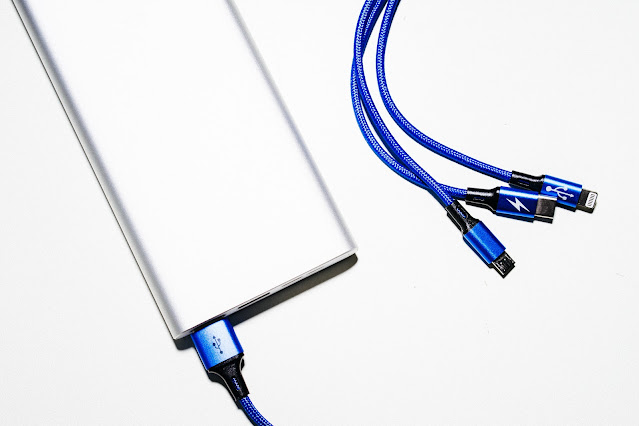
Wireless charging really untangles consumers' frustrations, and there are devices you can simply place your phone on and it will charge. Now imagine charging desk pads that charge your laptop, speakers, and other devices.
24. The Great Barrier Reef

Studies show that more than half of Australia's coral reefs have been bleached to death by rising water temperatures and acid pollution in the reefs, and experts say it could all disappear by 2050.
25. Plastic bags

We have already seen a significant decrease in single-use plastic bags, which are very harmful to the environment, and many are choosing to buy reusable bags. For their part, many stores offer paper bags instead. It won't be long until the plastic bags run out.
26. Calculators
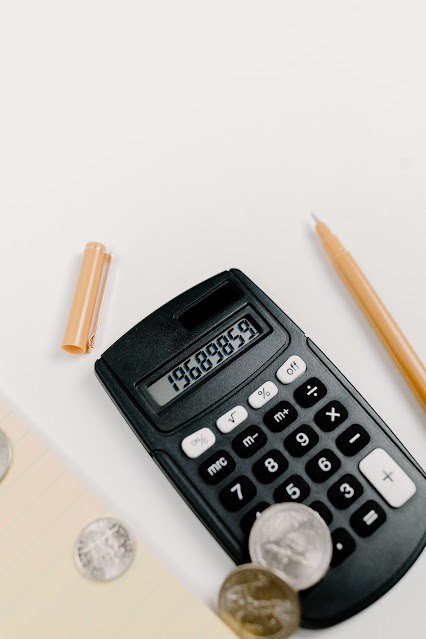
Calculators pale in comparison to our smart devices, and voice-activated artificial intelligence means we don't even have to use our fingers to get the right answers.
27. Languages

As languages like English and Mandarin increase their grip on the world, there are languages spoken by only a few hundred people that are threatened with extinction.
Source: websites

